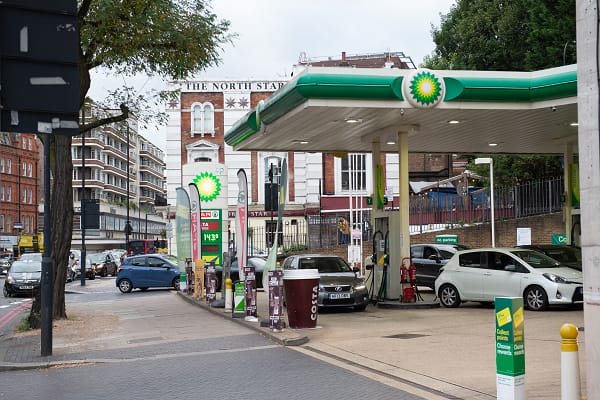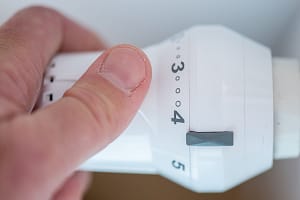Motorists have been told how to squeeze as many miles out of their tanks as possible amid the ongoing cost-of-living crisis.
Price comparison experts at Quotezone.co.uk, have offered car owners advice on how to make their fuel go further by making simple adjustments to their driving habits.
While fuel prices have stabilised, living costs remain at record highs so improving fuel efficiency is a good way to help stretch the household budget.
Motorists are advised to avoid expensive petrol stations and search for the cheapest prices.
Checking online for the cheaper local petrol stations and including them as part of an upcoming journey will help keep expenditure on fuel to a minimum.
The main contributor to fuel consumption aside from distance travelled is speed, as faster driving uses fuel inefficiently – the optimal fuel-efficient speed for most cars is 45-50 mph.
The heavier the car the more fuel the engine will need to travel at the same speed as a lighter vehicle so taking the golf clubs out of the boot and not filling the tank to the brim will help make fuel go further.
Greg Wilson, Founder of car insurance comparison site Quotezone.co.uk said, “Frugal drivers can get the maximum mileage from the fuel tank by incorporating money-saving driving techniques into their everyday journeys. Eco-driving can have a huge impact on how much money you spend at the petrol pump.
“Besides choosing the cheapest petrol station and the right speed, there are a number of other simple tricks that can help you make fuel go further, including decluttering the boot and checking tyre pressure.”
Here are the top eight fuel saving tips from the team, at Quotezone.co.uk:
Remove excess weight
The heavier the car, the harder the engine has to work, resulting in higher fuel consumption. Make sure to declutter your car and clear out the boot to reduce some weight.
Regular maintenance
Keeping the car in good condition ensures that the vehicle runs efficiently which also helps fuel economy. It may be a bit costly to service the car, but it can save you a lot of money in the long run.
Drive smoothly
Sudden braking and speeding up burns more fuel and that’s why it’s important to gauge the flow of traffic. Gentle acceleration and steady speed ensure the most economical use of fuel.
Change gears as early as possible
Switching into the highest possible gear keeps the revs low which saves petrol. For example, at a 40 mph speed the car will consume 25 per cent more fuel in third gear compared to fifth. Under normal conditions the gears should be changed when the revs are between 1,500-2,000 rpm.
Check tyre pressure
It’s important to make sure that the tyres are inflated to the right pressure, because underinflated tyres create more rolling resistance which means that the engine has to work harder. The car can consume 5% more fuel for every 0.5 bar drop in pressure.
Avoid idling
Drivers shouldn’t leave the engine running while they’ve stopped because it’s bad for the environment and wastes fuel. It’s worth switching off the engine when the car is stationary for even a few minutes.
Turn off additional functions
The vehicle’s add-on functions, like air conditioning and seat heaters, should only be used, when necessary, as they drain the car’s battery as well as the petrol tank.
Don’t fill the tank to the brim
Fuel is heavy, so if the tank is filled to the top, then there is more unnecessary weight that the car has to carry.






Leave a Comment